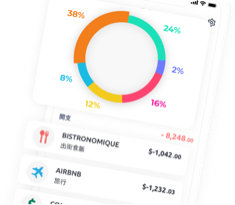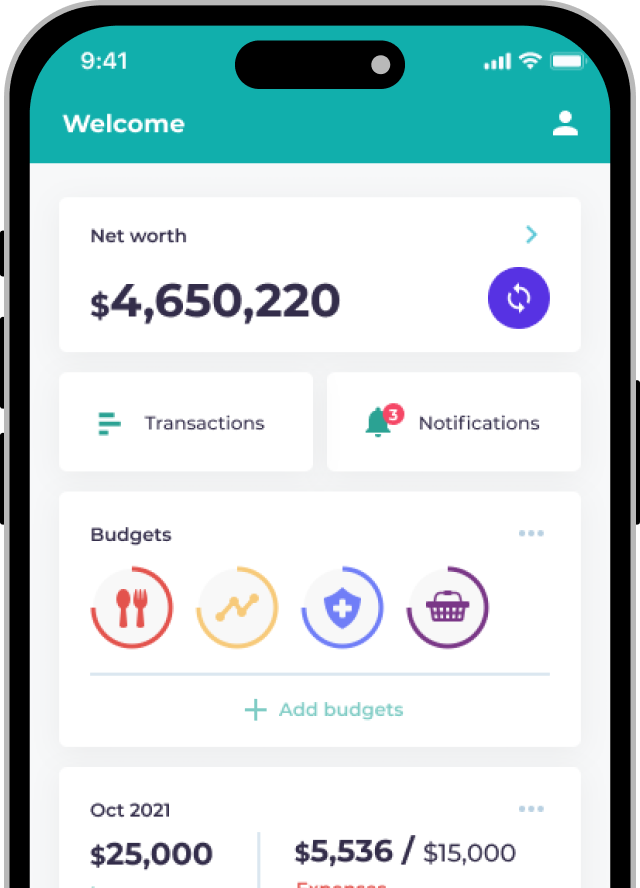What are REITs?
REITs (Real Estate Investment Trust) are investment funds that invest primarily (75% or more of their assets) in real estate projects in Hong Kong or overseas, such as shopping malls, office buildings, hotels and serviced apartments, etc. They're often bought to provide steady income in a portfolio and get exposure to the real estate market. They're listed on the exchange so they're quite easy to buy and sell.
The main source of revenue for REITs comes from rent. As long as the REIT didn't make a loss, they are mandated by the SFC (Hong Kong Securities & Futures Commission) to distribute 90% of their net income (income minus management expenses) as dividends to investors. This often makes the dividend yield of REITs quite attractive, especially in the Hong Kong market.
Not all REITs are equal though – their income can be affected by the location, type, quality of the properties held and the actual operation of the fund. Therefore, you have to consider a few things before picking a REIT:
1. Asset distribution (Hong Kong vs rest of the world)
Although an REIT may be listed in Hong Kong, their assets can be distributed in different parts of the world. For example, Hui Xian REIT (87001) and Yuexiu REIT (00405) hold properties mainly in the Mainland, and this can affect the return of the REIT. In addition, some REITs pay dividends in other currencies e.g. RMB so investors may face additional foreign exchange risk. Therefore, before investing, make sure you understand where the REIT's assets are mainly held and read about housing policies in that area, population density, currency exchange rate, etc., while selecting.
2. Property types held (potential concentration risk)
Although REITs mainly invest in real estate projects, there are several sub-categories of real estate: industrial buildings, office buildings, parking lots, houses, hotels, shopping malls, etc. The proportion of property types held by different trust funds can be high or low, but it is better to have a diversified holding. If an REIT relies on a single property type as the main source of income, when the operation or business of the project has adverse effects, or become less attractive to tenants, the fund's income will be greatly affected. So choose REITs that are diversified across different property types to reduce the concentration risk.
3. Market conditions (political situation & the economy)
Since SARS in 2003, the property market in Hong Kong has been generally upwards, and the high property prices have made the return of REITs quite popular. However, before investing in REITs, do your homework to understand the rental rate, retention rate, rental income trends, etc. Sometimes it also pays to read more about the companies' actual operations e.g. if a company is planning major renovations in some of its holdings, this could bring a short term expenditure (and thus a reduction in dividend) but may increase rent return after completion.
In addition, investors should look at the future plans and development direction of the REITs. If there is any acquisition or sale intention, this will affect the long-term potential. For example, it seems that Link (0823) has been selling Hong Kong assets in recent years, buying mainland assets, and thus the investment portfolio (and risk associated with it)will change. It has to be mentioned that Hong Kong's retail industry has recently been affected by the protests in Hong Kong and a large number of retail properties have been impacted – the stock market itself has fallen more than 15% in the past three months!
REITs:
The HKEX has a list of REITs that are currently trading on the HK Exchange. Click here to see them.
Start investing in REITs by opening a brokerage account

Important information: Investment involves risks. This information is intended to be educational and is not tailored to the investment needs of any specific investor. This information does not constitute investment advice and should not be used as the basis for any investment decision nor should it be treated as a recommendation for any investment or action. Past performance is no guarantee of future results. The value of investments and the income from them can go down as well as up, so you may not get back what you invest.


















